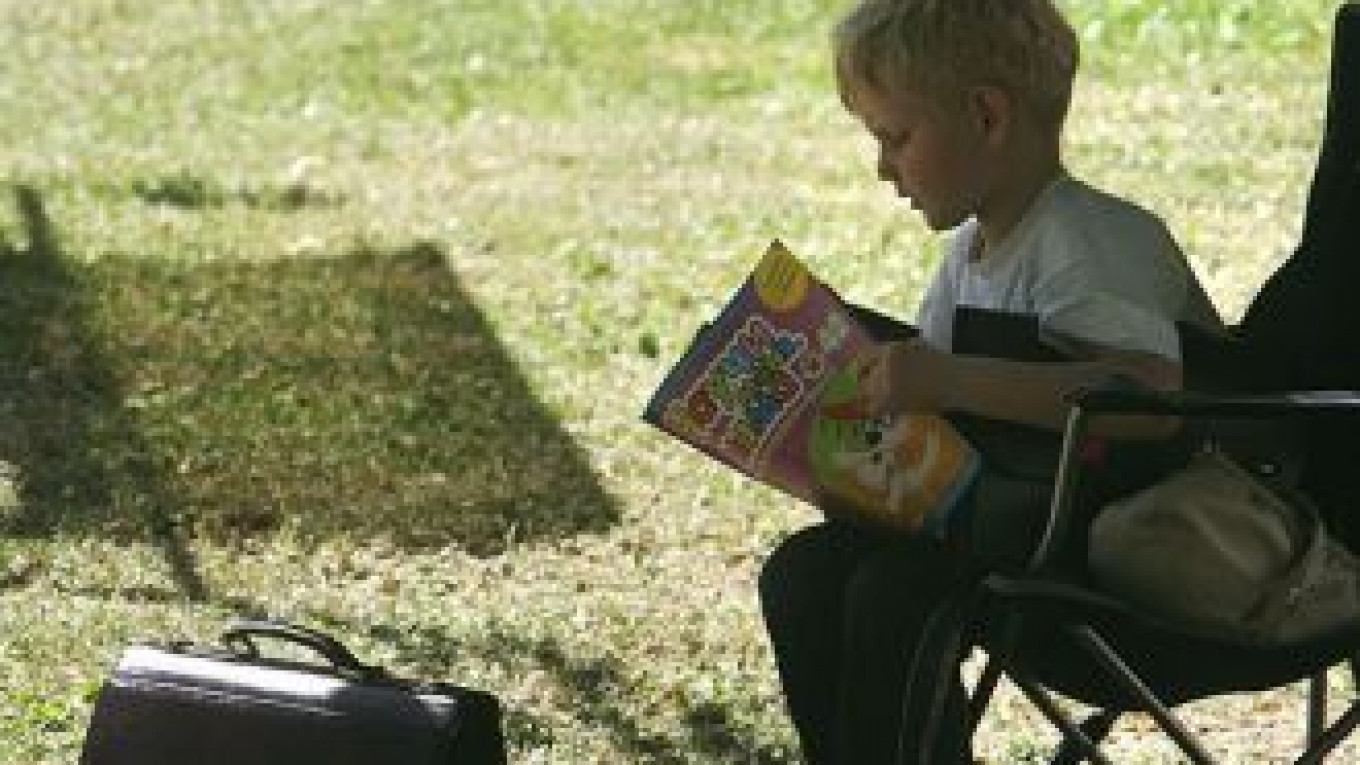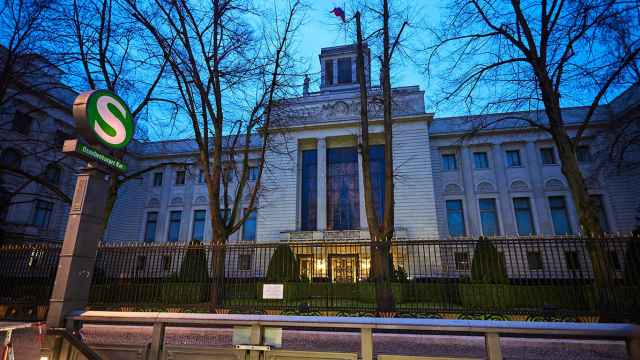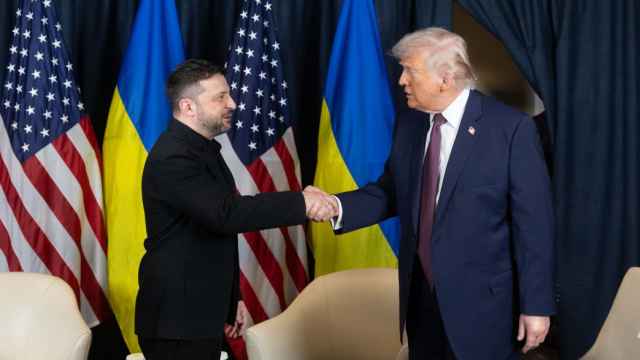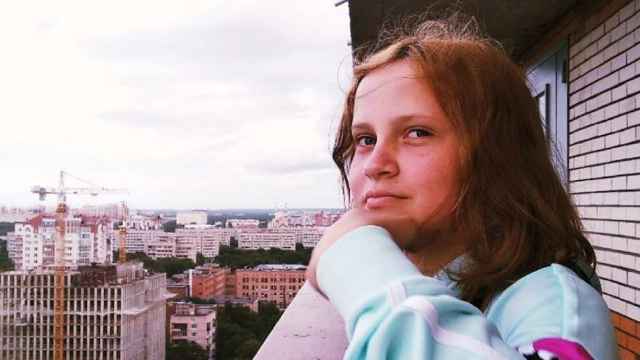The country can develop according to an innovative scenario only if the social structure changes so that the "intellectual class" is not an unprotected layer of society, Deputy Economic Development Minister Andrei Klepach said at a Vedomosti round table Tuesday.
The high level of social disparity in the country is "not only a social factor, but also economic," Klepach said.
"If we want to create an economy in which intellectual labor has value, that means revenues need to be increased in the field of education, science and health care," he said.
Wages in the cultural sphere are about 50 to 55 percent of the average wage countrywide, and are about 60 percent for education and health care, Klepach said. It means that the part of society that should create intellectual services and should provide innovation is to a large extent unprotected, he said.
"The economy cannot be innovative if the intellectual cluster is by definition poor, and by all our long-term forecasts it actually could remain poor in the context of a conservative model of economic development to 2020 and beyond," Klepach said.
If the current natural resource model of development persists, growth over the long term will be about 3 percent per year, he said. "That means that the middle class in the foreseeable future will not be more than 30 to 35 percent of the population, and a large part of the intellectual class will not belong to it," he said.
The innovation scenario, Klepach said, presumes economic growth of 4 to 5 percent up to 2030, "then there will be a chance after 2010, closer to 2030, to achieve a middle class that is 40 or even 50 percent of the population."
A Message from The Moscow Times:
Dear readers,
We are facing unprecedented challenges. Russia's Prosecutor General's Office has designated The Moscow Times as an "undesirable" organization, criminalizing our work and putting our staff at risk of prosecution. This follows our earlier unjust labeling as a "foreign agent."
These actions are direct attempts to silence independent journalism in Russia. The authorities claim our work "discredits the decisions of the Russian leadership." We see things differently: we strive to provide accurate, unbiased reporting on Russia.
We, the journalists of The Moscow Times, refuse to be silenced. But to continue our work, we need your help.
Your support, no matter how small, makes a world of difference. If you can, please support us monthly starting from just $2. It's quick to set up, and every contribution makes a significant impact.
By supporting The Moscow Times, you're defending open, independent journalism in the face of repression. Thank you for standing with us.
Remind me later.






